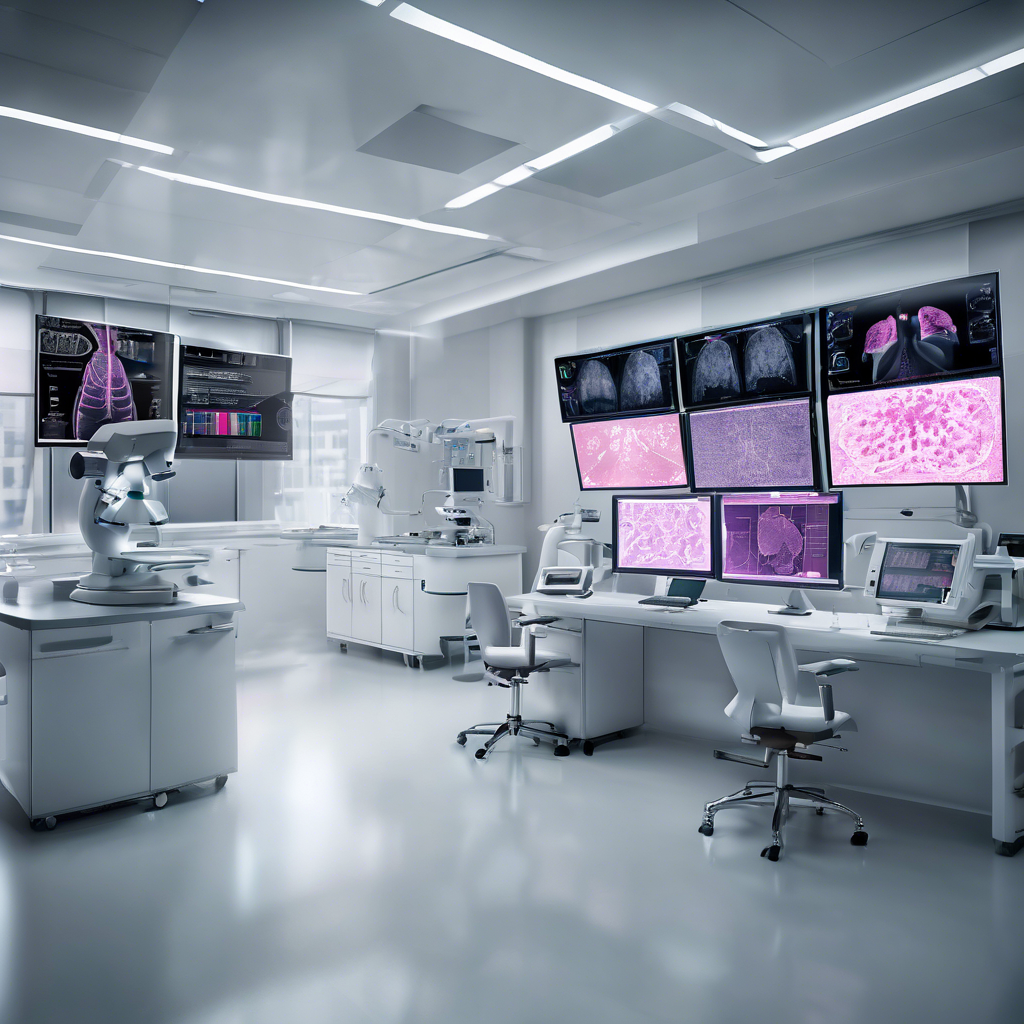FDA Approves First AI Tool to Predict Breast Cancer Risk from Mammograms

Brief news summary
The U.S. FDA has approved Clairity Breast, the first AI-based tool to predict five-year breast cancer risk using routine mammograms. Developed by Clairity, the platform analyzes subtle imaging features to provide validated risk scores, overcoming limitations of traditional models that mainly consider age, family history, and data from predominantly European Caucasian women. Since around 85% of breast cancer cases occur in women without a family history—often linked to age-related genetic mutations—there is a critical need for more precise and inclusive risk assessments. Experts such as Dr. Connie Lehman and Dr. Robert A. Smith highlight AI’s potential to enhance early detection and personalized screening, particularly for underserved populations. Larry Norton of the Breast Cancer Research Foundation called the FDA approval a vital milestone toward more accurate and equitable care. With over 2.3 million new breast cancer cases diagnosed yearly worldwide and rising rates among younger women, Clairity Breast’s AI innovation offers hope for improved outcomes through timely, targeted interventions.You can now listen to Fox News articles! The U. S. Food and Drug Administration (FDA) has given its approval to the first artificial intelligence (AI) tool designed to predict breast cancer risk. This approval was announced by Clairity, a digital health technology company, which developed Clairity Breast—a cutting-edge, image-based prognostic platform that predicts a five-year breast cancer risk from a routine screening mammogram. In a press release, Clairity revealed plans to deploy the AI platform across health systems through 2025. AI DETECTS OVARIAN CANCER MORE ACCURATELY THAN HUMAN EXPERTS IN NEW STUDY According to Clairity, most breast cancer risk assessment models largely depend on factors like age and family history. However, health agencies report that about 85% of breast cancer cases occur in women without a family history of the disease, likely due to genetic mutations arising from aging. Moreover, traditional risk models have been primarily based on data from European Caucasian women, which Clairity notes has not been "generalized well" for diverse populations. The AI tool examines subtle features in mammogram images that are linked to breast cancer risk, then produces a "validated five-year risk score" that is communicated to healthcare providers, the company explained. AI DETECTS WOMAN’S BREAST CANCER AFTER IT WAS MISSED IN ROUTINE SCREENING: 'DEEPLY GRATEFUL' Dr. Connie Lehman, founder of Clairity and breast imaging specialist at Mass General Brigham, emphasized mammograms’ vital role in early cancer detection. "Advances in AI and computer vision can now reveal hidden signs in mammograms—undetectable to the human eye—that help forecast future risk, " she stated in a press release. "By providing validated, equitable risk assessments, we can broaden access to life-saving early detection and prevention for women everywhere. " CLICK HERE TO GET THE FOX NEWS APP Dr. Robert A. Smith, senior vice president for early cancer detection science at the American Cancer Society, remarked that personalized, risk-based screening is "critical to improving breast cancer outcomes, " with AI tools offering the best chance to realize that goal. "This is the wave of the future.
AI will be part of the process, but it will not replace humans. " Larry Norton, founding scientific director of the Breast Cancer Research Foundation, called Clairity’s FDA approval a milestone for expanding access to AI-driven cancer risk prediction. "Breast cancer cases are rising, especially among younger women, yet many risk models often fail to identify those who will develop the disease, " he said. "Now we can ensure that more women receive the right care at the right time. " Despite "decades of progress, " more than 2. 3 million women worldwide are diagnosed with breast cancer annually, including over 370, 000 in the U. S. , according to the Breast Cancer Research Foundation. The incidence has notably increased among women under 50 years of age. CLICK HERE TO SIGN UP FOR OUR HEALTH NEWSLETTER During a recent appearance on "America’s Newsroom, " Fox News senior medical analyst Dr. Marc Siegel called Clairity’s innovation "profound. " "Radiologists sometimes detect uncertain areas on mammograms and must monitor them over time, " he said. "AI significantly enhances the focus and predictive power, as demonstrated in numerous studies. " Siegel noted that radiologists nationwide generally support using AI for cancer detection, particularly in regions with limited healthcare access. "In areas relying on radiologists without specialized training, this technology is even more crucial, " he added. "This is the wave of the future. AI will be part of the equation, but it will not take over. " For more Health articles, visit www. foxnews. com/health
Watch video about
FDA Approves First AI Tool to Predict Breast Cancer Risk from Mammograms
Try our premium solution and start getting clients — at no cost to you

I'm your Content Creator.
Let’s make a post or video and publish it on any social media — ready?
Hot news

OpenAI sees better margins on business sales, rep…
The publication stated that the company enhanced its “compute margin,” an internal metric representing the portion of revenue remaining after covering the costs of operating models for paying users of its corporate and consumer products.

AI Video Generation Tools Enable Personalized Mar…
In the rapidly evolving field of digital marketing, artificial intelligence (AI) is playing a crucial role in reshaping how brands connect with their audiences.

Leveraging AI for SEO: Best Practices and Tools
As artificial intelligence (AI) advances, its significance in search engine optimization (SEO) grows markedly.

Decoding the Impact of AI on Advertising and Mark…
Artificial intelligence (AI) is fundamentally transforming the advertising and marketing industries, marking a profound shift beyond previous technological advancements.

Nvidia: Only A 3% Premium For The Most Important …
Nvidia: Just a 3% Premium for the Most Crucial AI Company The J Thesis 1

“AI SMM”, new training from Hallakate – Learn how…
In an era where technology is transforming how we create content and manage social networks, Hallakate introduces new training tailored for this new age: AI SMM.

AI Training GPU Cluster Sales Market Size | CAGR …
Report Overview The Global AI Training GPU Cluster Sales Market is projected to reach approximately USD 87
AI Company
Launch your AI-powered team to automate Marketing, Sales & Growth

and get clients on autopilot — from social media and search engines. No ads needed
Begin getting your first leads today








